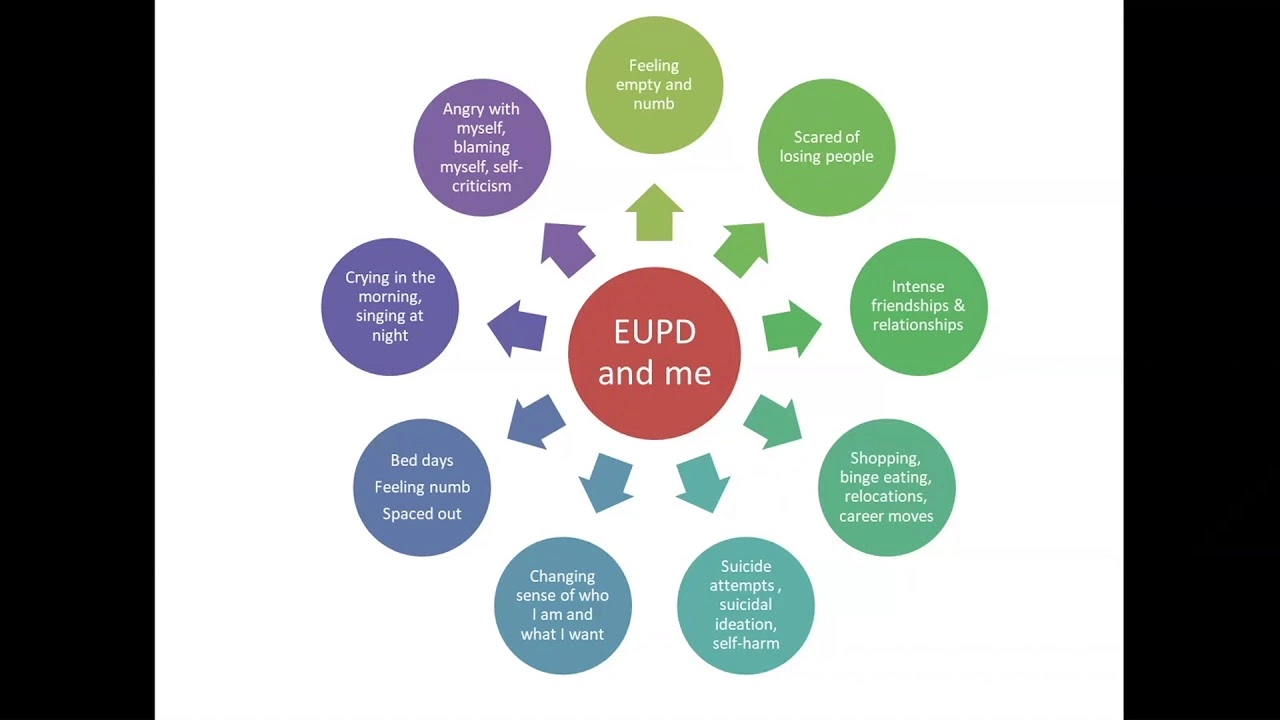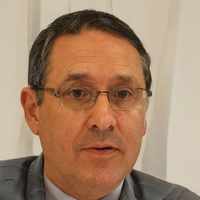Understanding Cabergoline and Its Uses
When we start discussing cabergoline withdrawal, it's essential to first grasp what cabergoline is and its uses. Cabergoline is a medical substance commonly used to treat disorders linked to high levels of the hormone prolactin. These can include conditions such as prolactinoma, an abnormal growth or tumor in the pituitary gland that produces too much prolactin. It can also be used for issues linked with Parkinson's disease. The use of this medication is typically long-term, and it's important to follow your doctor's instructions closely.
However, like any other medication, cabergoline use may need to be stopped for various reasons. This could be due to side effects, a change in medical condition, or following your doctor's advice. When you stop taking cabergoline, you may experience withdrawal symptoms. This is what we'll be discussing in the following sections.
Identifying Cabergoline Withdrawal Symptoms
Recognizing the signs and symptoms of cabergoline withdrawal is the first step in managing them. These can vary from person to person, but generally include nausea, vomiting, dizziness, and fatigue. Some people may also experience a resurgence of their original symptoms, such as headaches, vision changes, or irregular menstrual periods in women.
It's also worth noting that psychological symptoms such as mood swings, anxiety, and depression may occur. These can be harder to identify, but are just as important to acknowledge and address. If you're experiencing any of these symptoms after stopping cabergoline, it's crucial to consult with your healthcare provider immediately.
Understanding Why Cabergoline Withdrawal Happens
Cabergoline withdrawal symptoms occur as your body readjusts to functioning without the medication. When you take cabergoline, it lowers prolactin levels in your body. Once you stop taking it, your body needs time to adjust and start producing prolactin at normal levels again. This process of readjustment can cause the symptoms associated with cabergoline withdrawal.
It's also important to understand that cabergoline withdrawal can occur even if you've been taking the medication as prescribed. The duration and severity of the withdrawal symptoms can vary based on factors such as the length of time you've been taking the medication and your individual body chemistry.
The Importance of Medical Supervision during Withdrawal
It's absolutely crucial to have medical supervision when withdrawing from cabergoline. Never attempt to stop taking this medication without the guidance of your healthcare provider. Abruptly stopping cabergoline can cause severe withdrawal symptoms and can be dangerous. Your doctor will typically recommend a gradual reduction in your dosage to minimize withdrawal symptoms.
Having regular check-ups during this period is also important. Your doctor can monitor your progress, adjust your dosage if necessary, and provide support and advice on managing withdrawal symptoms.
Coping Strategies for Physical Symptoms
Managing the physical symptoms of cabergoline withdrawal can be challenging, but there are several strategies that can help. Firstly, maintaining a healthy lifestyle can significantly ease withdrawal symptoms. This includes eating a balanced diet, getting regular exercise, and ensuring you're getting enough sleep.
It can also be helpful to use over-the-counter remedies for symptoms such as nausea and headache, but always consult your doctor before starting any new medication. Additionally, relaxation techniques such as deep breathing, yoga, or meditation can help manage symptoms of dizziness and fatigue.
Addressing Psychological Symptoms
As mentioned earlier, psychological symptoms such as anxiety and depression can also occur during cabergoline withdrawal. It's important to acknowledge these symptoms and seek help if they occur. Talking to a mental health professional can be extremely beneficial during this time. They can provide strategies to cope with these symptoms and can offer a supportive environment to discuss your feelings.
Also, support from family and friends can be invaluable when dealing with the psychological symptoms of cabergoline withdrawal. Don't hesitate to reach out and ask for help when you need it. Remember, you don't have to go through this process alone.
Moving Forward: Life after Cabergoline
Withdrawal from cabergoline can be a challenging journey, but it's important to remember that these symptoms are temporary and will lessen over time. With the right support and medical guidance, you can manage these symptoms and successfully stop taking cabergoline.
Life after cabergoline may involve managing your condition through other means, such as different medications or lifestyle changes. Your doctor will guide you in finding the best course of action for your specific situation. Remember, it's not just about getting through withdrawal, it's about moving forward and living a healthy, fulfilling life without cabergoline.



14 Comments
Mike Laska
June 29, 2023 AT 10:12Bro this hit different. I went cold turkey on cabergoline after 3 years and thought I was dying. Sweating like a pig at 3am, heart racing, nausea so bad I threw up my own regret. Never again. Doc said taper slow but I was stubborn. Don't be me.
Keerthi Kumar
June 30, 2023 AT 21:35I'm from India, and in our culture, we often rely on Ayurveda for hormonal balance... but let me be clear: cabergoline withdrawal isn't something to 'meditate away'. Your pituitary isn't a chakra. That said, I've seen patients use ashwagandha during tapering-under supervision-to help with anxiety. Don't replace science with spirituality, but maybe gently layer them.
Dade Hughston
July 1, 2023 AT 02:12So i stopped cabergoline because my dr told me to and then i got so depressed i cried watching a dog video on tiktok and i think the pharmaceutical industry is hiding the truth about dopamine rebound and maybe the moon is involved idk but my sister swears it was the wifi router in the basement and i think she might be right
Jim Peddle
July 2, 2023 AT 10:56Let’s be real. Cabergoline isn’t ‘withdrawn’-it’s suppressed. The real issue? The FDA approved it in 1981 with zero long-term discontinuation studies. They knew this would happen. Why? Because pharma profits from chronic use. You think your doctor cares? They get kickbacks from the manufacturer. Wake up.
S Love
July 3, 2023 AT 09:03I’ve helped over 50 patients taper off cabergoline. The key is patience. A 12-week reduction plan, with weekly prolactin checks, cuts severe symptoms by 80%. Also, hydration and electrolytes matter more than people admit. You’re not just stopping a pill-you’re resetting your endocrine system. Be kind to your body.
Pritesh Mehta
July 4, 2023 AT 15:57In India, we don’t need Western medicine to tell us how to handle hormones. Our ancestors used neem, turmeric, and fasting for centuries. Why do we bow to Big Pharma’s chemical tyranny? Cabergoline is a colonial drug-imported, overpriced, and overprescribed. If your prolactin is high, eat more bitter gourd, sleep on the floor, and chant ‘Om Namah Shivaya’ three times a day. Science is just a recent fad.
Billy Tiger
July 4, 2023 AT 19:46Ive been on this med for 8 years and when i quit i felt like my brain was being pulled out through my ears and now im convinced the government is using it to control men's emotions and now that im off they're trying to make me feel guilty for feeling normal again
Katie Ring
July 5, 2023 AT 19:39Withdrawal isn’t a failure-it’s a recalibration. You’re not broken. You’re becoming. The body doesn’t hate change. It just needs space to remember itself. Cabergoline gave you a mask. Now you’re learning to breathe without it. That’s not pain. That’s awakening.
Marcia Facundo
July 6, 2023 AT 17:17I just read this and felt nothing. Like, zero emotion. I think I’m broken now.
Eileen Choudhury
July 7, 2023 AT 04:35You’re not alone. I tapered over 4 months, used magnesium glycinate, walked 30 mins daily, and cried in the shower a lot. But guess what? Three months later, I woke up and realized I hadn’t thought about prolactin in a week. Life didn’t end. It got quieter. And somehow… better. You got this.
Adarsha Foundation
July 7, 2023 AT 20:45I appreciate the thorough breakdown. I’ve seen people panic when symptoms show up, but you’re right-this is a physiological reset, not a crisis. I always tell my patients: listen to your body, but don’t let fear write the script. Trust the process, not the panic.
Hazel Wolstenholme
July 9, 2023 AT 01:32One must interrogate the epistemological foundations of pharmacological dependency. Cabergoline, as a dopaminergic agonist, imposes a Cartesian dualism upon neuroendocrine autonomy-forcing the soma into a state of ontological subjugation under pharmaceutical hegemony. The withdrawal, therefore, is not merely physiological, but a metaphysical reclamation of selfhood.
Alexa Apeli
July 9, 2023 AT 17:20You're doing an amazing job! 💪💖 Remember: every small step counts. You're not just surviving-you're transforming. Sending you so much light and strength! 🌟🌈
Ajay Kumar
July 10, 2023 AT 01:24Everyone here is acting like this is some kind of revelation. I’ve been off cabergoline for 11 years. No withdrawal. No issues. The real problem? People are too scared to trust their own biology. You think your body can’t regulate itself? That’s the real disease. Stop medicating normalcy.